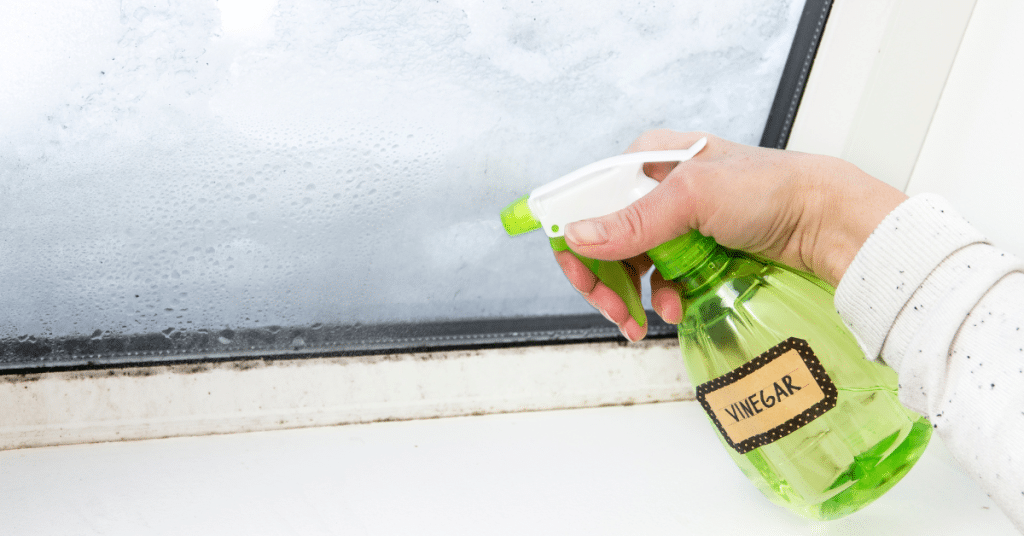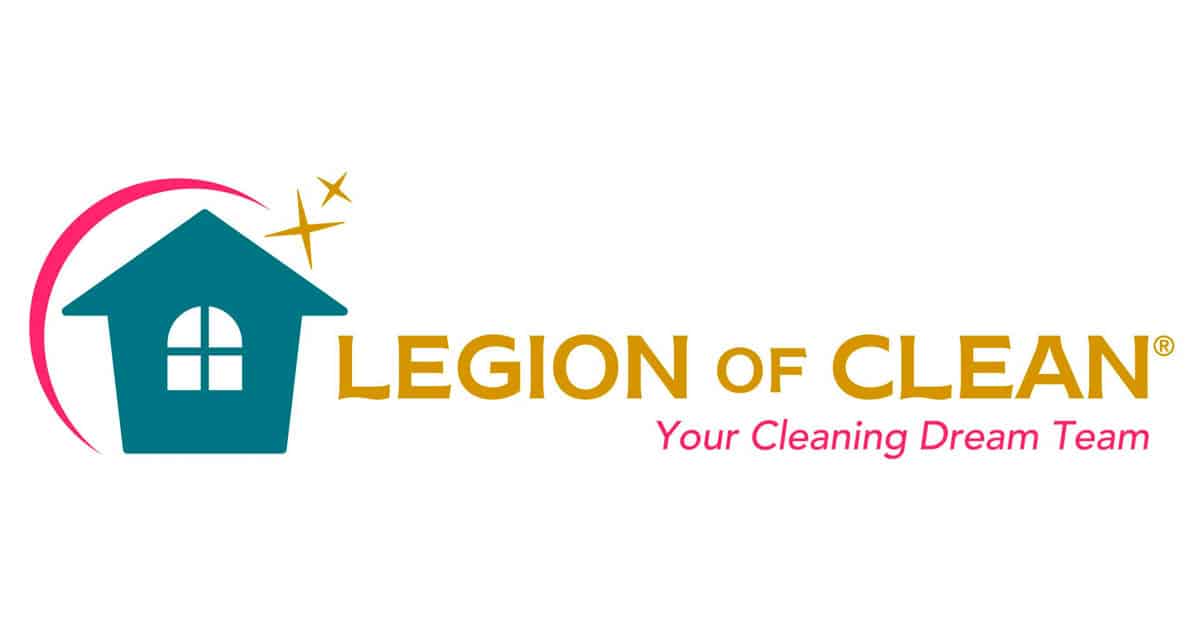Mold and mildew are common household problems that can pose serious health risks and damage your property if left unchecked. These fungi thrive in damp, humid environments and can quickly spread if not addressed promptly. In this blog post, we’ll explore how to deal with mold and mildew in your home, the benefits of deep cleaning, and provide you with friendly and informative tips to keep your living space safe and healthy.

Understanding Mold and Mildew
Before diving into the cleaning process, it’s important to understand what mold and mildew are and how they differ.
What is Mold?
Mold is a type of fungus that grows in multicellular filaments called hyphae. It can appear in various colors, including black, green, white, and orange. Mold thrives in damp, warm, and humid environments and can grow on a variety of surfaces, including wood, drywall, carpet, and food.
What is Mildew?
Mildew is a specific type of mold that typically appears as a thin, powdery, and white or grayish growth. It often grows on surfaces that are consistently damp, such as bathroom tiles, shower curtains, and windowsills.
Health Risks of Mold and Mildew
Exposure to mold and mildew can cause a range of health issues, particularly for individuals with allergies, asthma, or weakened immune systems. Common symptoms include:
- Respiratory problems
- Sneezing and coughing
- Skin irritation
- Watery or itchy eyes
- Headaches
Benefits of Deep Cleaning
Deep cleaning plays a crucial role in preventing and addressing mold and mildew growth in your home. Here are some key benefits of deep cleaning:
- Improved Air Quality: Deep cleaning helps remove mold spores, dust, and allergens from your home, leading to better indoor air quality and a healthier living environment.
- Prevention of Mold Growth: Regular deep cleaning can help prevent mold and mildew from taking hold by eliminating the damp and dirty conditions they thrive in.
- Enhanced Aesthetics: A thorough cleaning can make your home look and feel fresher, creating a more inviting atmosphere.
- Increased Longevity of Furnishings: Regular deep cleaning can extend the life of your furniture, carpets, and other belongings by preventing mold and mildew damage.
- Reduced Stress: A clean and organized home can reduce stress and promote a sense of calm and well-being.
Step-by-Step Guide to Dealing with Mold and Mildew
Now that we understand the importance and benefits of deep cleaning, let’s explore a step-by-step guide to dealing with mold and mildew in your home.
Step 1: Identify the Source of Moisture
Mold and mildew thrive in damp environments, so it’s essential to identify and address the source of moisture in your home. Common sources of moisture include:
- Leaky roofs or windows
- Plumbing leaks
- Poor ventilation
- High humidity levels
- Condensation on windows and walls
Step 2: Gather Your Cleaning Supplies
Before you begin cleaning, gather all the necessary supplies. Here’s a list of essentials:
- Rubber gloves
- Protective eyewear
- N95 respirator mask
- Scrub brush or sponge
- Microfiber cloths
- Bucket
- White vinegar
- Baking soda
- Hydrogen peroxide
- Commercial mold and mildew cleaner (optional)
Step 3: Protect Yourself
Mold and mildew can release spores into the air, which can be harmful when inhaled. Protect yourself by wearing rubber gloves, protective eyewear, and an N95 respirator mask while cleaning.
Step 4: Contain the Mold
To prevent mold spores from spreading to other areas of your home, contain the affected area by closing doors and windows. If possible, use plastic sheeting and tape to seal off the area.
Step 5: Remove and Dispose of Contaminated Materials
If mold and mildew have affected porous materials like carpet, drywall, or insulation, it’s best to remove and dispose of these materials. Place them in heavy-duty plastic bags and seal them tightly before disposing of them.
Step 6: Clean Non-Porous Surfaces
For non-porous surfaces like tiles, glass, and metal, you can use a variety of cleaning solutions to remove mold and mildew. Here are some effective options:
White Vinegar
White vinegar is a natural disinfectant and can effectively kill mold and mildew.
Instructions:
- Pour undiluted white vinegar into a spray bottle.
- Spray the affected area and let it sit for at least an hour.
- Scrub the area with a brush or sponge and wipe clean with a microfiber cloth.
Baking Soda
Baking soda is a gentle abrasive that can help remove mold and mildew stains.
Instructions:
- Mix one tablespoon of baking soda with a cup of water in a spray bottle.
- Spray the solution on the affected area and scrub with a brush or sponge.
- Rinse with water and wipe clean with a microfiber cloth.
Hydrogen Peroxide
Hydrogen peroxide is an effective mold killer and can help remove stains.
Instructions:
- Pour 3% hydrogen peroxide into a spray bottle.
- Spray the affected area and let it sit for 10-15 minutes.
- Scrub the area with a brush or sponge and wipe clean with a microfiber cloth.
Step 7: Clean Porous Surfaces
For porous surfaces like wood and fabric, you may need to use a different approach to remove mold and mildew.
Wood
Instructions:
- Mix one part white vinegar with one part water in a spray bottle.
- Spray the solution on the affected area and let it sit for an hour.
- Scrub the area with a brush and wipe clean with a microfiber cloth.
- Allow the wood to dry completely.
Fabric
Instructions:
- Wash the fabric in hot water with a cup of white vinegar.
- If the fabric is not machine washable, mix one part white vinegar with one part water and blot the affected area with a cloth.
- Allow the fabric to air dry in a well-ventilated area.
Step 8: Prevent Future Mold and Mildew Growth
Once you’ve cleaned the affected areas, take steps to prevent future mold and mildew growth:
- Improve Ventilation: Use exhaust fans in bathrooms and kitchens, and open windows to improve air circulation.
- Control Humidity: Use a dehumidifier to maintain indoor humidity levels between 30-50%.
- Fix Leaks Promptly: Address any plumbing or roof leaks as soon as they occur.
- Clean Regularly: Regular deep cleaning can help prevent mold and mildew from taking hold.
Conclusion
Dealing with mold and mildew in your home can be a challenging task, but with the right approach and cleaning techniques, you can effectively remove these fungi and create a healthier living environment. Remember, the benefits of deep cleaning extend beyond just a clean home – they contribute to improved air quality, reduced stress, and a more enjoyable living experience. By following this step-by-step guide and taking preventive measures, you can keep mold and mildew at bay and enjoy a safe and healthy home.
About The Author
Legion of Clean offers top-tier house cleaning services in Surprise, AZ, and surrounding areas. Our expertise lies in providing personalized green cleaning services designed to cater to your residential requirements, including recurring maid services, deep house cleaning, and move-in/out cleaning. By prioritizing environmentally friendly cleaning products, we guarantee a safer and healthier living space for you and your family. Whether you’re in Surprise, AZ or nearby locales, book us today to request a free quote on our green cleaning services.
Quote Form
"*" indicates required fields
← Next Blog Post: 9 Reasons To Make The Switch To Eco-Friendly Cleaning
